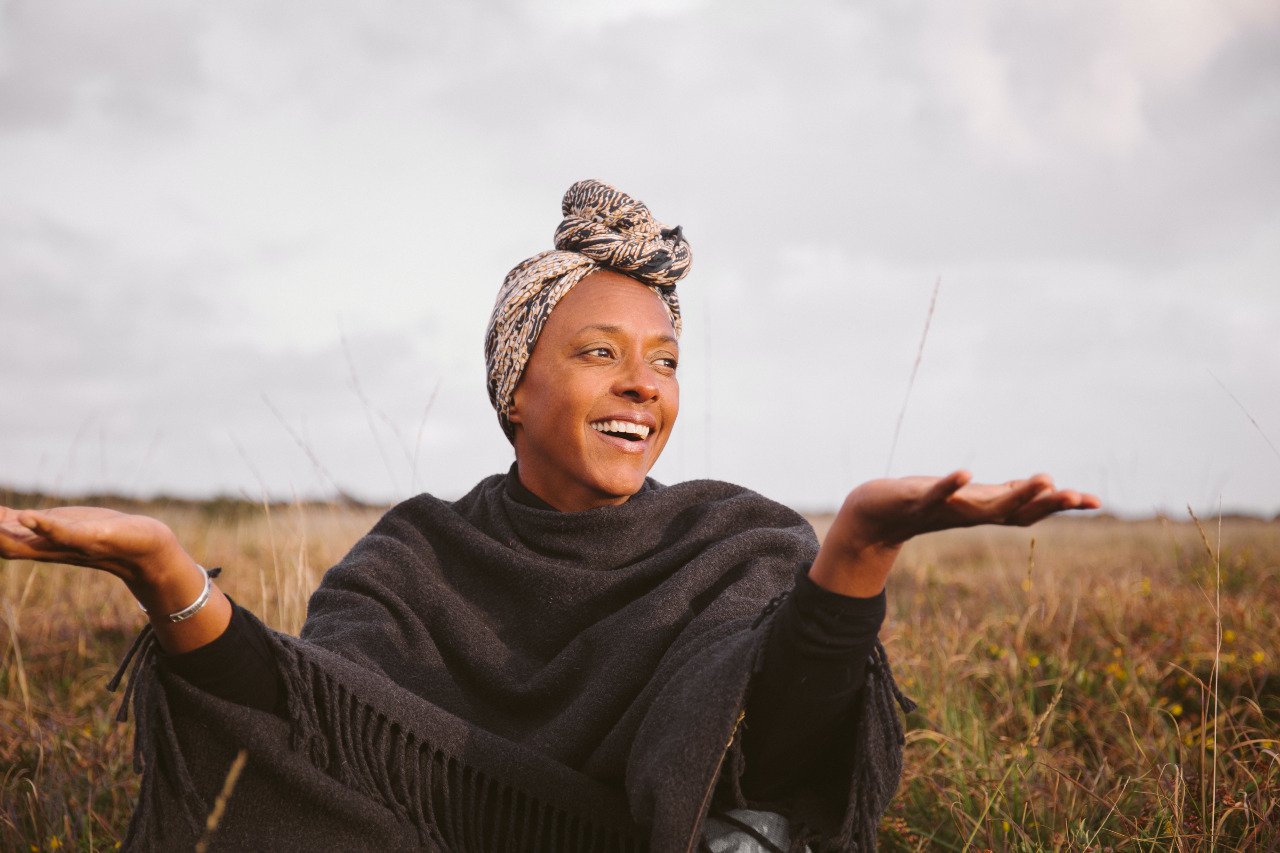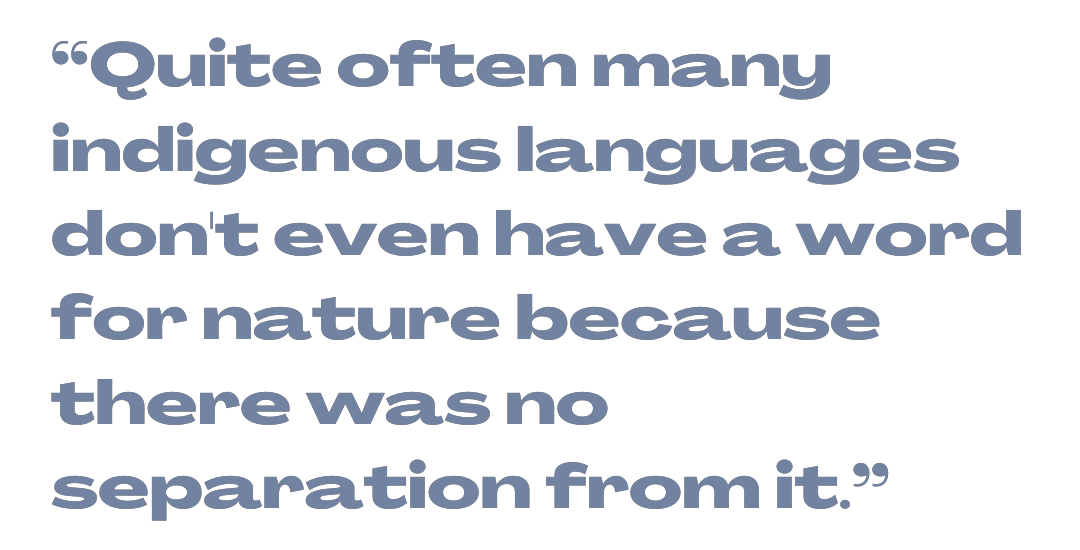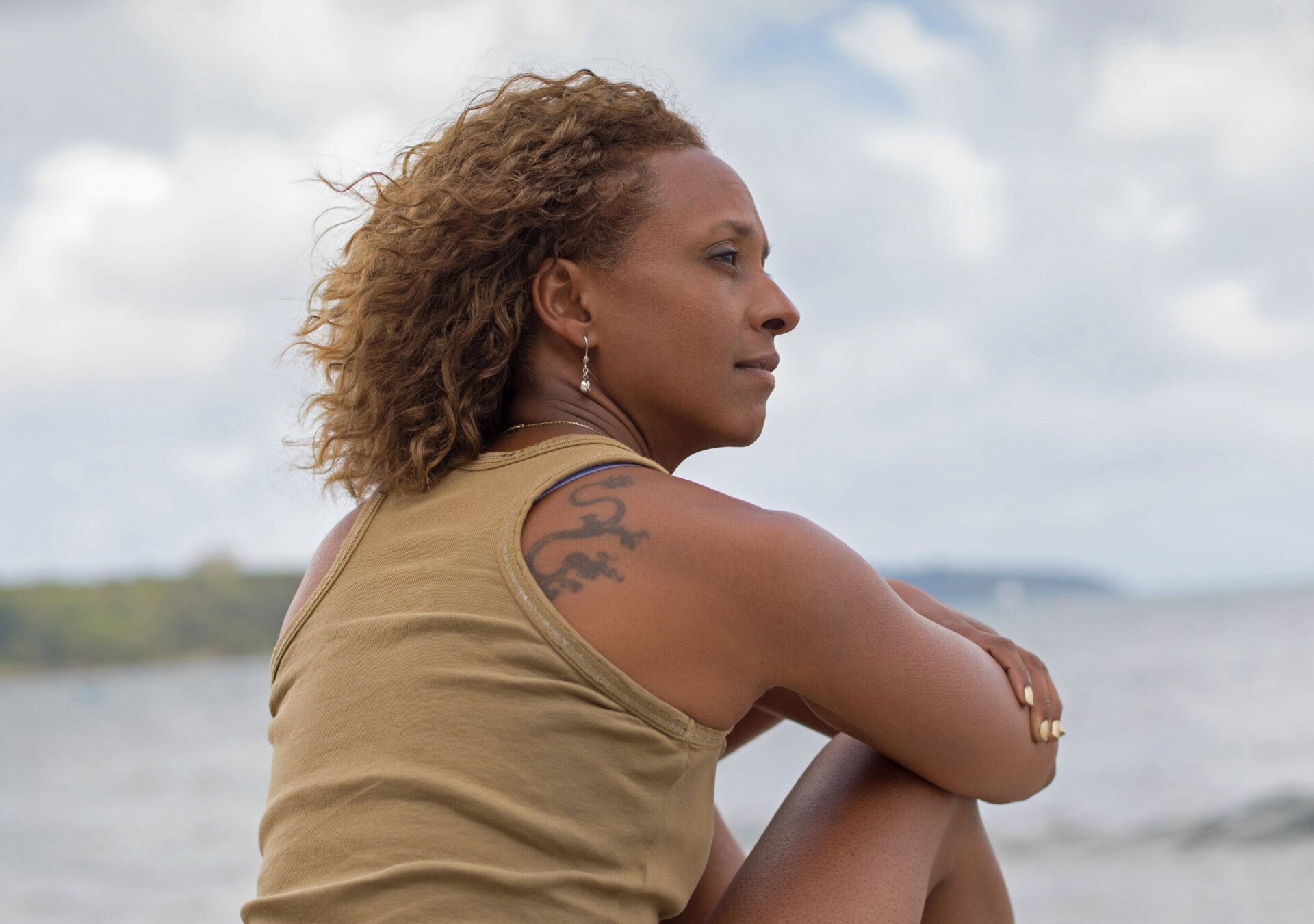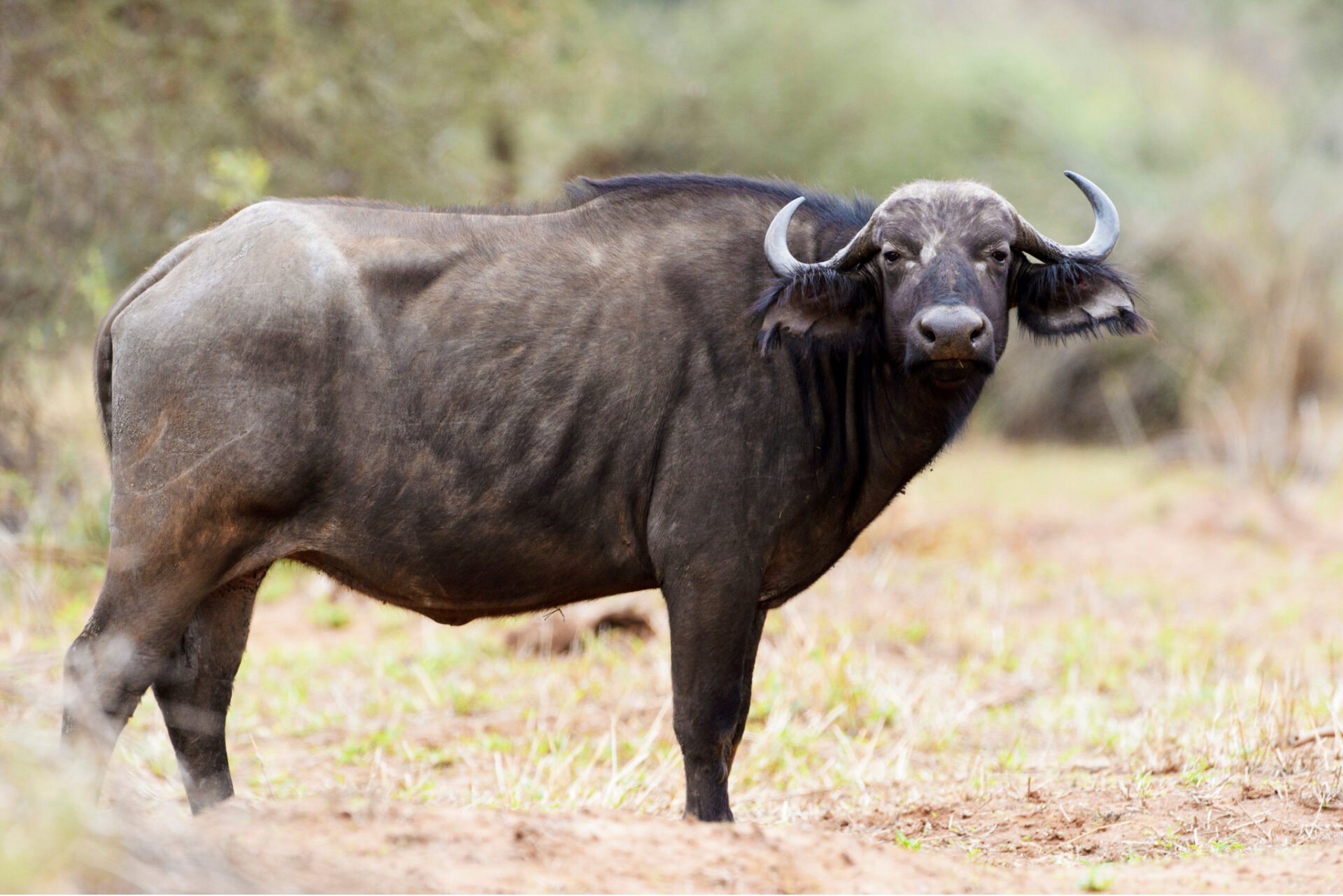Welcoming Gillian Burke: Mammal Society's Newest Patron
We are excited to welcome to Springwatch's Gillian Burke as our newest patron. Gillian joins Zeb Soanes as a Mammal Society Patron, using her voice and valuable insight to boost the Society at this time of reinvention and ambition. From everyone at the Mammal Society, we would like to thank Gillian for joining us on this journey, and for helping make the Mammal Society what it is today, so that it can be what it needs to be for the future.

Our CEO Matt Larsen-Daw caught up with biologist, presenter, writer and Mammal Society patron Gillian Burke to hear her reflections on mammals and our newly refreshed vision and mission.
When I was listening to the new mission statement, my first thoughts were to reflect whether we need to remind ourselves that we're mammals too, you know?
I write a monthly column for the BBC Wildlife Magazine, called ‘opinion’, and in one of the articles I've written recently for it, I talked about how I really enjoyed listening to a talk a few years ago by a camera woman who has moved into regenerative agriculture. And she was talking about how in her 20s she would travel around the world and was very keen to glean a little bit about local culture. And she said quite often, particularly working in quite remote areas with indigenous communities, she would talk about all sorts of things. And one of the questions she started to ask was, “What is nature for you? What do you think of nature? What is it?”
 And she said what she realised very quickly is that quite often many indigenous languages don't even have a word for nature because there was no separation from it. And so within quite a niche part of the nature conservation movement, there's this idea of having more inclusive language when we talk about the natural world. And even what I've just done, it's already separated us again - it's very difficult to do in practise because it starts making one sound a little bit crazy, and also it's so deeply ingrained for me and probably for anyone who's had a conventional Western or Global North education, because we all follow the same model. So looking at the wording of the mission statement I was thinking if I was going to practise this mindset of using inclusive language I might specify ‘non-human mammal populations’, just so it helps remind us in that language that we're mammals too. And I feel we need to rehabilitate our own self-image as a species quite strongly at the moment, by reminding ourselves of what we have in common with other mammals. We're in the same group of animals. We share so many features, so many characteristics - but we share the same space as well. So that was one of the first thoughts; the idea of ‘how do we make that a consistent practice?’ and it's so relevant with the Mammal Society; to remind ourselves of our place in all of this, and to humbly take our place in it.
And she said what she realised very quickly is that quite often many indigenous languages don't even have a word for nature because there was no separation from it. And so within quite a niche part of the nature conservation movement, there's this idea of having more inclusive language when we talk about the natural world. And even what I've just done, it's already separated us again - it's very difficult to do in practise because it starts making one sound a little bit crazy, and also it's so deeply ingrained for me and probably for anyone who's had a conventional Western or Global North education, because we all follow the same model. So looking at the wording of the mission statement I was thinking if I was going to practise this mindset of using inclusive language I might specify ‘non-human mammal populations’, just so it helps remind us in that language that we're mammals too. And I feel we need to rehabilitate our own self-image as a species quite strongly at the moment, by reminding ourselves of what we have in common with other mammals. We're in the same group of animals. We share so many features, so many characteristics - but we share the same space as well. So that was one of the first thoughts; the idea of ‘how do we make that a consistent practice?’ and it's so relevant with the Mammal Society; to remind ourselves of our place in all of this, and to humbly take our place in it.
 It's not just my thinking - I certainly wouldn't want to claim it as “Oh, I've come up with this great idea of using more inclusive language”, but it's something that really intrigued me when I heard about it. I guess I’m really continuing the theme of, “let's put ourselves in the mix and let's make sure that we remind ourselves that we are part of the mammal population in Britain”. Even I find that weird as I say it!
It's not just my thinking - I certainly wouldn't want to claim it as “Oh, I've come up with this great idea of using more inclusive language”, but it's something that really intrigued me when I heard about it. I guess I’m really continuing the theme of, “let's put ourselves in the mix and let's make sure that we remind ourselves that we are part of the mammal population in Britain”. Even I find that weird as I say it!
So while of course the focus is on mammals because it is the Mammal Society, the connectivity with this whole incredible living system is so important. And I think maybe that's the beauty and incredible privilege of what I get to do - I get to move between different spaces and subjects. Like yesterday I was doing a recording for Radio 4 for Costing the Earth about the soil microbiome. I get to move through a lot of these spaces and different perspectives constantly. Yesterday, the conversation I was having was that the engine is the sun, the sun's energy rains down on earth, and plants capture that energy, but depending on at what stage the plant is in and its life cycle more than half of that energy ends up in the root system and a very narrow band of the root zone just literally coating the root system.

The plants are in this constant conversation with the soil microbiome with bacteria and fungi, and they're secreting these exudates, the sugars and protein and carbohydrate. And within seconds the bacteria and fungi respond by consuming these materials, but they also then absorb all these inorganic minerals into them, and then they in turn get predated on, and the protozoa then secrete what was inorganic minerals into available minerals that the plant can absorb and then the chain continues. From the protozoa, it's the nematode worms and then the microarthropods. And keeping each of those populations in check is another link in the chain. And then you're up to the voles, and then the birds, and then the larger mammals. And so in a sense I'm like “Wow, how do you champion your mammals while remaining connected to the whole?” and I mean this in terms of mindset as well as practically in the work that the Society does. It feels really important just to be aware of it when it's not practical to act on.
So for me, in my work, the connections are so fascinating and such an important way of looking at the world - and that's my thinking at the moment.
When I was at University of Bristol I had my touchpoint with the Mammal Society. But actually most of what I concentrated on was the invertebrate world. So I did a lot of entomology, I did parasitology.
I really loved the 'unsung heroes' in the natural world and, I don't know why. Everyone did animal behaviour and I was like, “Oh that's so obvious - I'm not going to do that”. I don't know why I needed to be contrary at the time, but it's impossible to ignore that some of my favourite animals are mammals. But yet, it’s important to constantly be aware of where each fits into the bigger picture.

My favourite all-time mammal ever in the world is African Buffalo. I love them because they're often overlooked, which is incredible because of their size. But most people don't really think of them. And if they do, they think of them as these really aggressive things that can kill you. But what I love about African Buffaloes is they don't look for trouble. But if trouble finds them, then they'll stand their ground.
As far as British mammals are concerned, Eurasian Beavers are up there in terms of their capacity to do so much.
Again I kind of like to champion unsung heroes and a real surprise for me was learning about Fossorial water voles and I love the story about the discovery of the population in Glasgow so far away from water (Glasgow’s water voles | Scotland's Nature). I just love the story because to me it's like they've shown us we've just got to rewrite what we think we know about them constantly.
—
Read next - Releasing Wildcats in Scotland: An Interview with Dr Helen Senn
